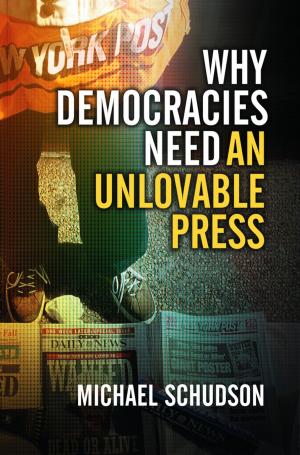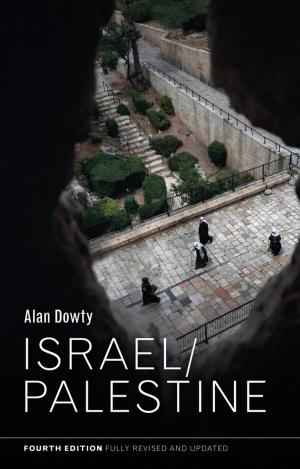The Horn of Africa
Nonfiction, Social & Cultural Studies, Political Science, International, International Relations| Author: | Kidane Mengisteab | ISBN: | 9780745672359 |
| Publisher: | Wiley | Publication: | December 17, 2013 |
| Imprint: | Polity | Language: | English |
| Author: | Kidane Mengisteab |
| ISBN: | 9780745672359 |
| Publisher: | Wiley |
| Publication: | December 17, 2013 |
| Imprint: | Polity |
| Language: | English |
The Horn of Africa is a deeply troubled region engulfed in three interlocking crises. The first is a security crisis characterized by a range of devastating inter-state and inter-communal conflicts, including civil wars. The second is an economic crisis, evidenced by widespread debilitating poverty, chronic food insecurity, and frequent cycles of famines. The effects of the third - environmental - crisis are all too visible in the droughts, deforestation and desertification ravaging the region. What is more, these three crises are mutually reinforcing locking the region into a cycle of disaster. Conflicts contribute to poverty, which in turn intensifies environmental degradation, leading to scarcities which fuel further conflicts.
In this clear and authoritative guide, Kidane Mengisteab explores the key drivers of instability in the Horn of Africa, suggesting structural and institutional changes that - if implemented - could help lift the region out of crisis. The Horn’s complex crises must be tackled in a comprehensive manner. But, he contends, this can only be achieved if the causes of conflict are addressed head-on. Without peace, the region cannot resolve its economic problems, and nor can it develop the capabilities required to cope with environmental change.
The Horn of Africa will be essential reading for students and scholars in conflict and security studies, as well as anyone with an interest in learning more about the dynamics of this troubled region
The Horn of Africa is a deeply troubled region engulfed in three interlocking crises. The first is a security crisis characterized by a range of devastating inter-state and inter-communal conflicts, including civil wars. The second is an economic crisis, evidenced by widespread debilitating poverty, chronic food insecurity, and frequent cycles of famines. The effects of the third - environmental - crisis are all too visible in the droughts, deforestation and desertification ravaging the region. What is more, these three crises are mutually reinforcing locking the region into a cycle of disaster. Conflicts contribute to poverty, which in turn intensifies environmental degradation, leading to scarcities which fuel further conflicts.
In this clear and authoritative guide, Kidane Mengisteab explores the key drivers of instability in the Horn of Africa, suggesting structural and institutional changes that - if implemented - could help lift the region out of crisis. The Horn’s complex crises must be tackled in a comprehensive manner. But, he contends, this can only be achieved if the causes of conflict are addressed head-on. Without peace, the region cannot resolve its economic problems, and nor can it develop the capabilities required to cope with environmental change.
The Horn of Africa will be essential reading for students and scholars in conflict and security studies, as well as anyone with an interest in learning more about the dynamics of this troubled region















